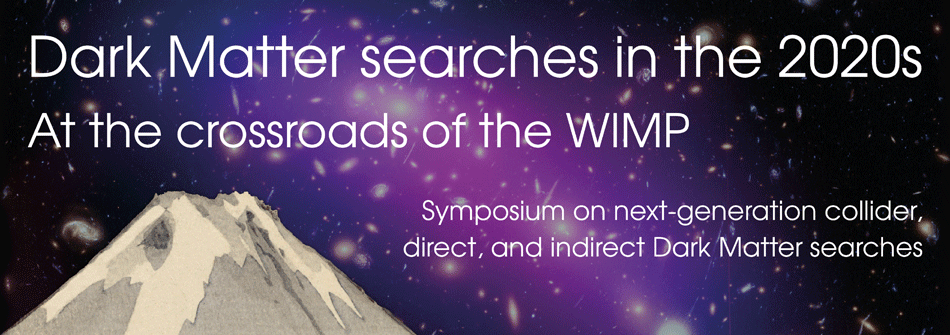Speaker
Description
The General Antiparticle Spectrometer (GAPS) is an international balloon-borne project for indirect dark matter (DM) searches that investigates low-energy antinuclei in cosmic-ray, especially undiscovered antideuterons. Cosmic-ray antideuterons can be produced by self-annihilation or decay of WIMP DM. The flux of DM-originated antideuterons can be orders of magnitude higher than that of the secondary (or background) component. Therefore, antideuterons are considered to be a background-free probe to search for DM. GAPS uses a unique concept to identify antinuclei by applying the physics of exotic atom creation and decay. The GAPS instrument is composed of lithium-drifted silicon (Si(Li)) detectors surrounded by a double-layered plastic scintillation-counter time-of-flight system. An incoming antinucleus forms an exotic atom in the Si(Li) detectors. Through the deexcitation and nuclear annihilation processes of the exotic atom, characteristic X-rays and charged particles are emitted. By detecting and tracking those X-rays and particles, GAPS has strong particle identification, resulting in a high sensitivity for rare antinuclei. The first GAPS flight is scheduled for late 2021. We are currently developing all different subsystems, such as the Si(Li) tracker, time-of-flight system, cooling system, and detailed simulation code of the instrument. We will report the scientific motivation, detection concept, and development status of GAPS.
Affiliation
Aoyama Gakuin University

